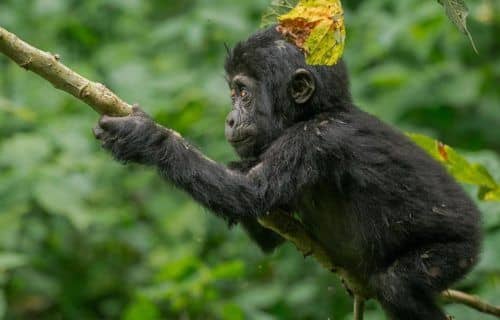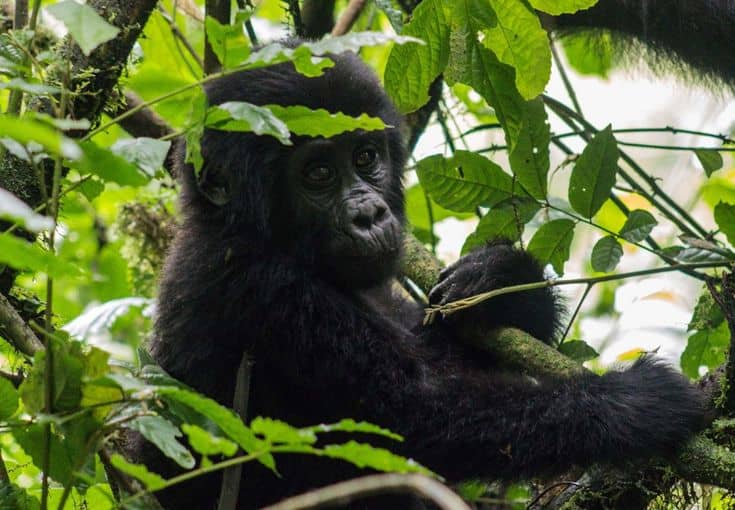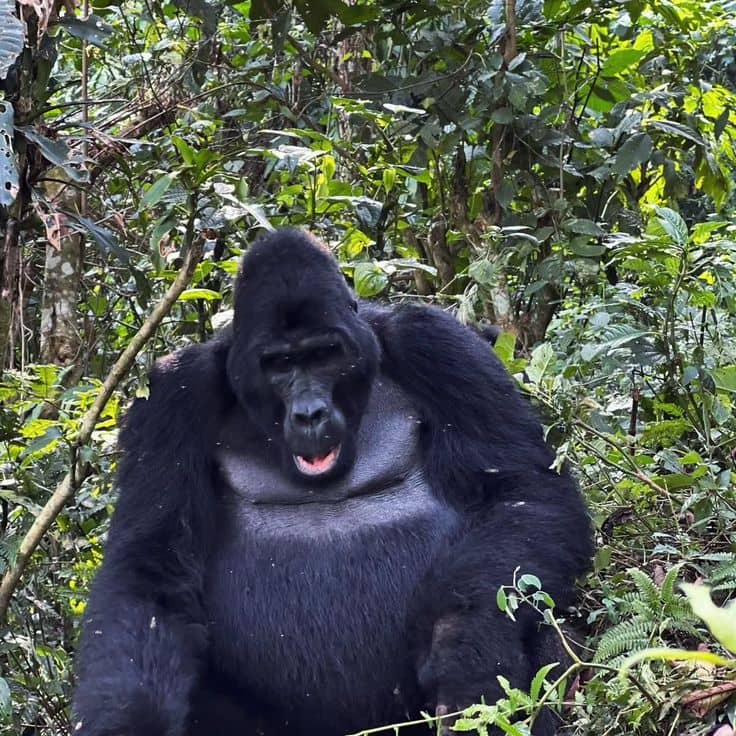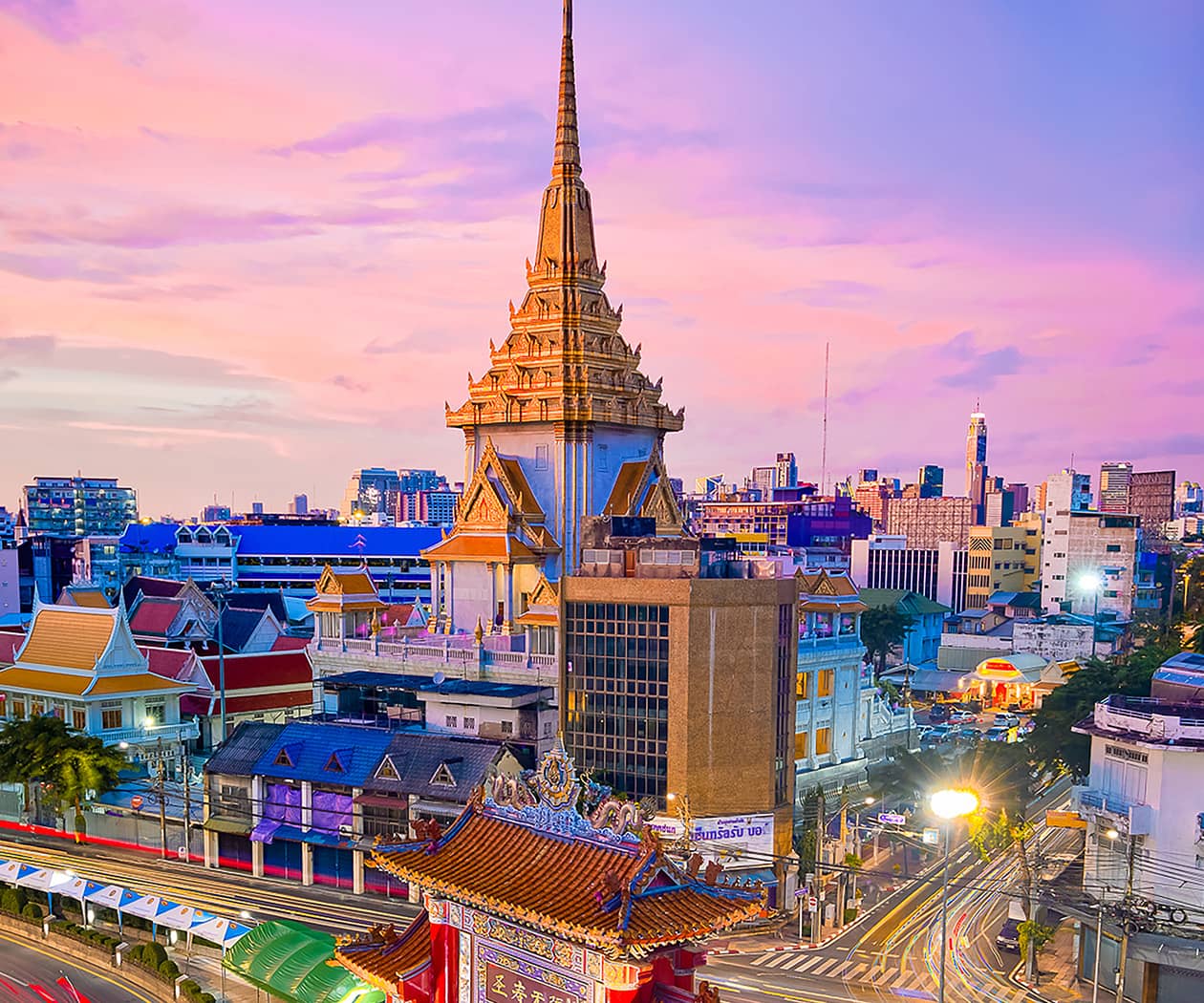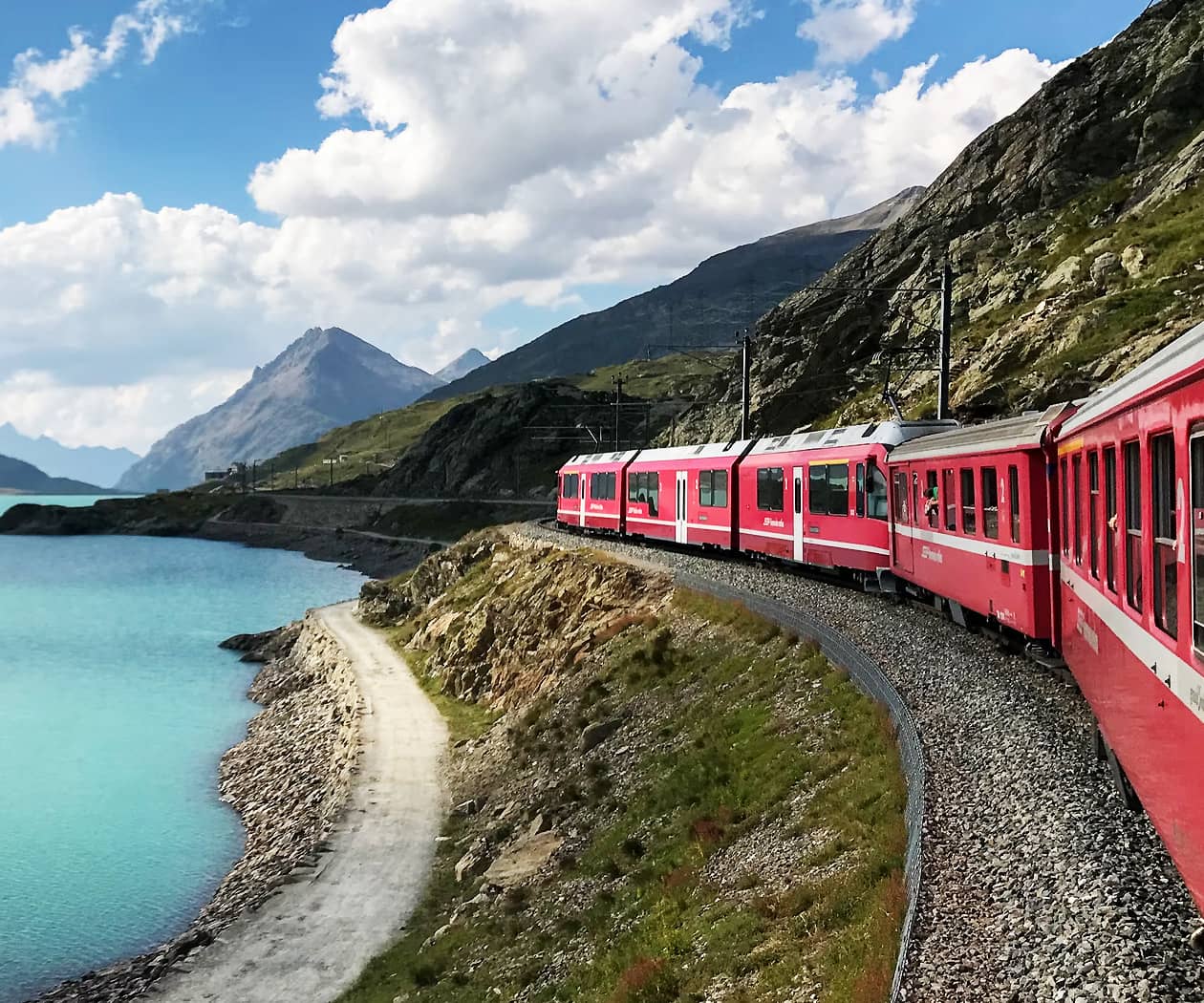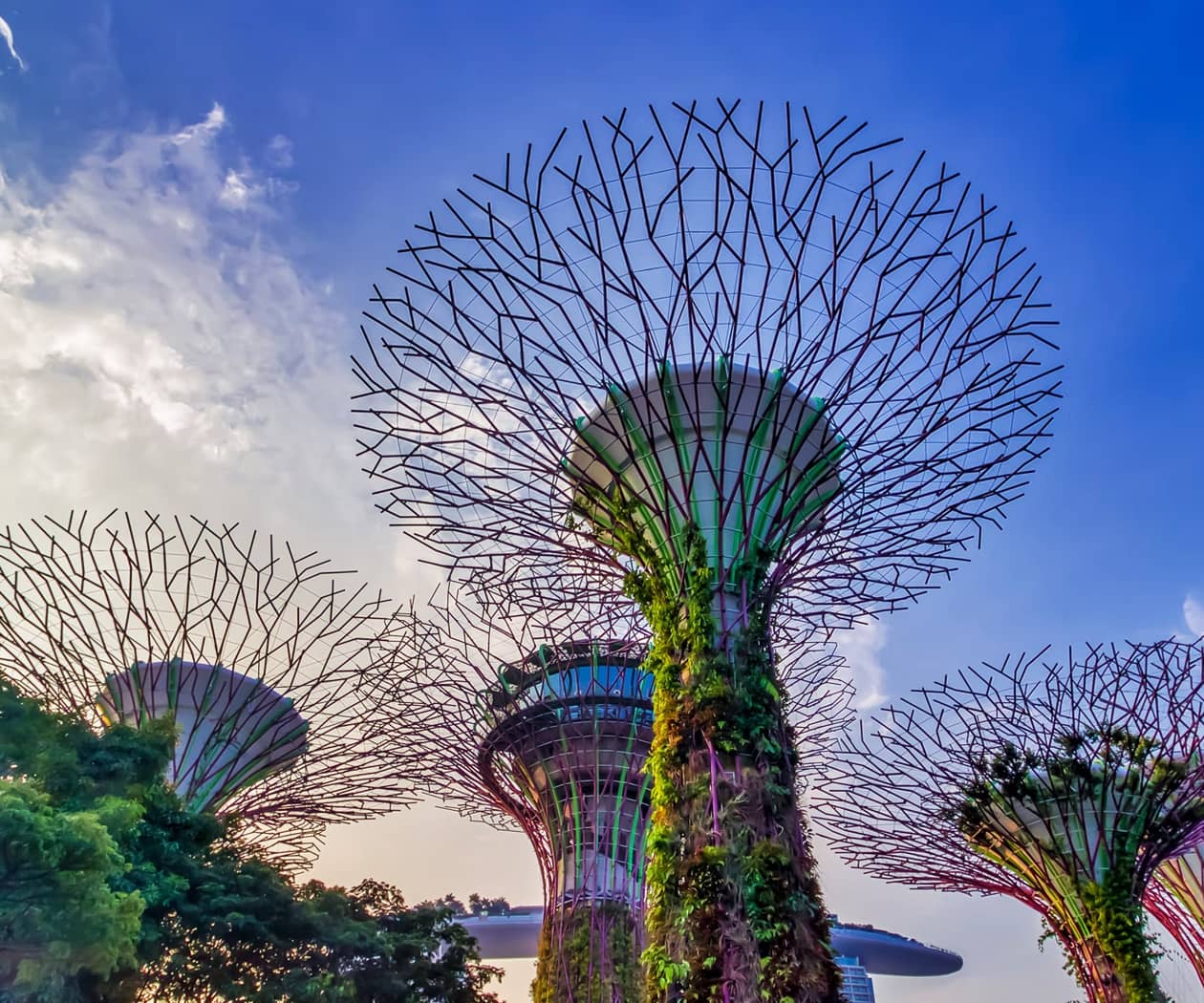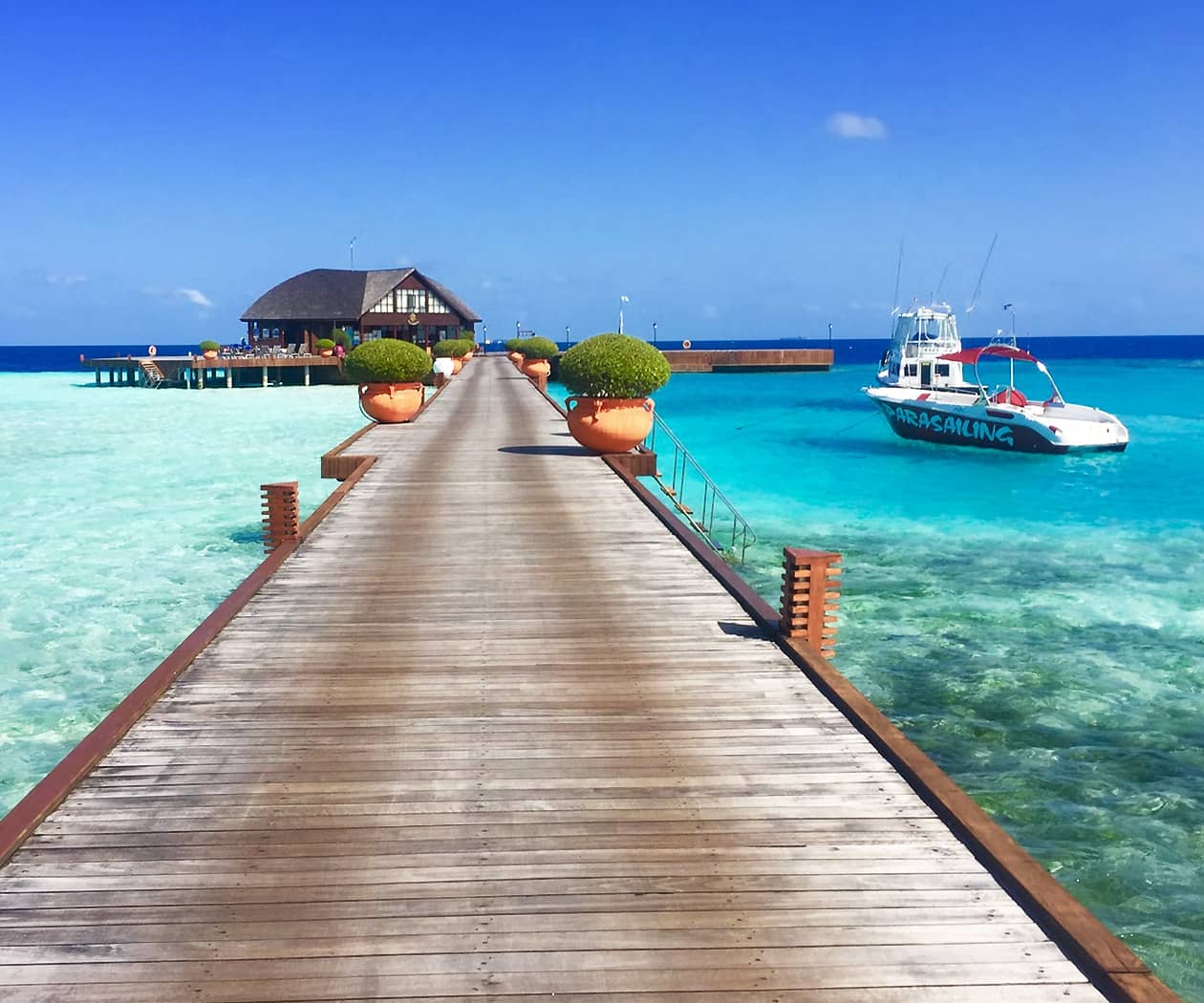Gorilla Trekking for Eco-Conscious Travelers
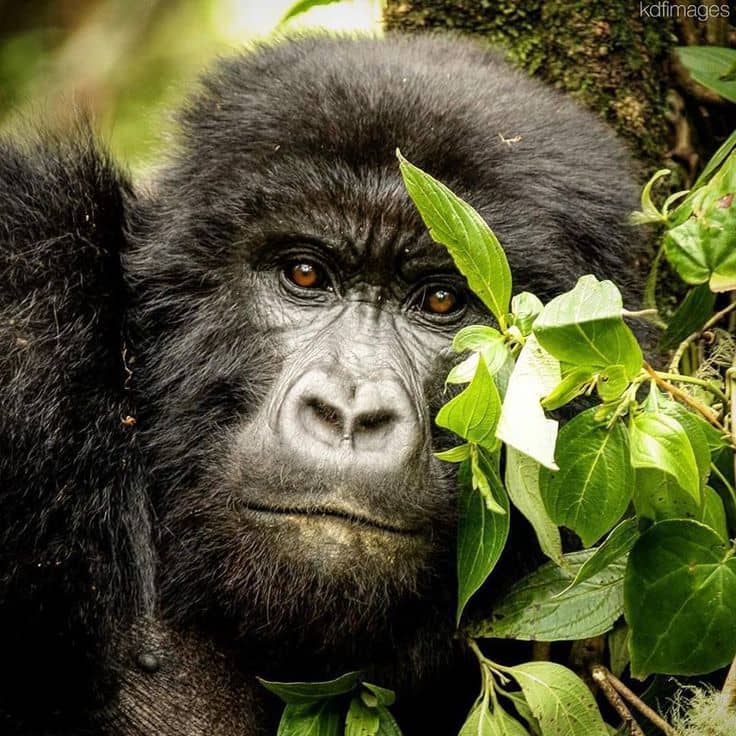
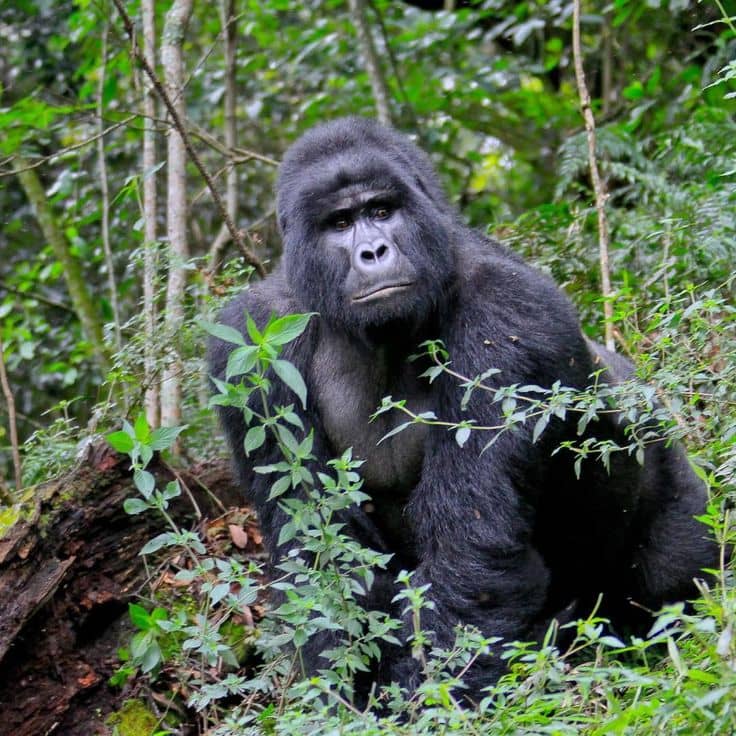
For travelers who want to experience the magic of mountain gorillas while minimizing their environmental impact, Gorilla Trekking for Eco-Conscious Travelers offers the perfect blend of adventure and sustainability. Uganda’s Bwindi Impenetrable National Park and Mgahinga Gorilla National Park provide once-in-a-lifetime encounters with these majestic creatures, but how can you ensure your visit supports conservation and benefits local communities? This guide covers everything, from ethical trekking practices to eco-friendly lodges, so you can plan a responsible and unforgettable gorilla safari.
Why Choose Gorilla Trekking for Eco-Conscious Travelers?
Mountain gorillas are critically endangered, with only about 1,000 remaining in the wild. Responsible tourism plays a crucial role in their survival by funding conservation efforts and providing alternative livelihoods for local communities.
Here’s why Gorilla Trekking for Eco-Conscious Travelers is a meaningful way to explore Uganda:
Supports conservation through permit fees ($800 per person)
Promotes sustainable tourism with eco-lodges and community projects
Reduces environmental impact with strict trekking regulations
Empowers local communities through employment and education
Now, let’s dive into how you can make your gorilla trek as eco-friendly as possible.
1. Booking Your Gorilla Permit: Where the Money Goes
Your gorilla trekking permit is the backbone of conservation funding in Uganda.
-
Cost: $800 (foreign non-residents), $700 (foreign residents), UGX 300,000 (East Africans)
-
Permit Allocation: Only 8 permits per gorilla family per day to minimize disturbance
-
How Funds Are Used:
-
20% supports local communities (schools, clinics, roads)
-
80% goes to park management (ranger salaries, anti-poaching efforts)
-
Eco-Tip: Book directly through the Uganda Wildlife Authority (UWA) or a certified eco-tour operator to ensure your money goes to conservation.
2. Choosing an Eco-Friendly Gorilla Trekking Tour
Not all tour operators prioritize sustainability. Look for:
Certifications: Members of UGTA (Uganda Tourism Association) or UTO (Uganda Tour Operators)
Community Involvement: Operators that hire local guides and support village projects
Small Group Sizes: Reduces environmental impact
Carbon Offset Programs: Some companies plant trees to compensate for travel emissions
3. Staying at Eco-Friendly Lodges Near Bwindi & Mgahinga
Where you stay matters! These lodges combine comfort with sustainability:
Bwindi Impenetrable National Park
-
Budget: Buhoma Community Rest Camp (Locally owned, solar-powered)
-
Mid-Range: Mahogany Springs (Waste recycling, supports women’s groups)
-
Luxury: Clouds Mountain Gorilla Lodge (Rainwater harvesting, zero plastic policy)
Mgahinga Gorilla National Park
-
Budget: Amajambere Iwacu Community Camp (Run by former poachers)
-
Mid-Range: Mount Gahinga Lodge (Uses solar energy, employs Batwa guides)
-
Luxury: Kisoro Travelers’ Rest Hotel (Founded by gorilla conservationist Walter Baumgärtel)
Eco-Tip: Ask lodges about their sustainability practices before booking.
4. Minimizing Your Footprint During the Trek
The golden rule of Gorilla Trekking for Eco-Conscious Travelers: Take only photos, leave only footprints.
Do’s & Don’ts for Ethical Gorilla Trekking
DO:
-
Keep 7 meters (23 feet) from gorillas
-
Follow your guide’s instructions at all times
-
Pack reusable water bottles (no plastic!)
-
Wear neutral-colored clothing (bright colors disturb wildlife)
❌ DON’T:
-
Use flash photography
-
Eat or smoke near gorillas
-
Leave any trash behind
-
Visit if you’re sick (gorillas are vulnerable to human diseases)
5. Supporting Local Communities Responsibly
True eco-tourism benefits both wildlife and people. Here’s how you can help:
-
Buy Local: Purchase crafts directly from Batwa or Bakiga artisans
-
Visit Community Projects:
-
Bwindi Community Hospital (Donations welcome)
-
Ride 4 a Woman (Empowers local women through biking tours)
-
-
Tip Fairly: Guides, porters, and lodge staff rely on tips
Final Thoughts: Gorilla Trekking for Eco-Conscious Travelers Makes a Difference
By choosing responsible operators, eco-lodges, and ethical trekking practices, your visit becomes a force for good. Gorilla Trekking for Eco-Conscious Travelers isn’t just a trip, it’s a way to protect these incredible animals and uplift the communities that coexist with them.
Ready to plan your sustainable gorilla adventure? Book your permits, pack responsibly, and prepare for a journey that leaves a positive legacy.
Have questions about eco-friendly gorilla trekking? Ask below!

